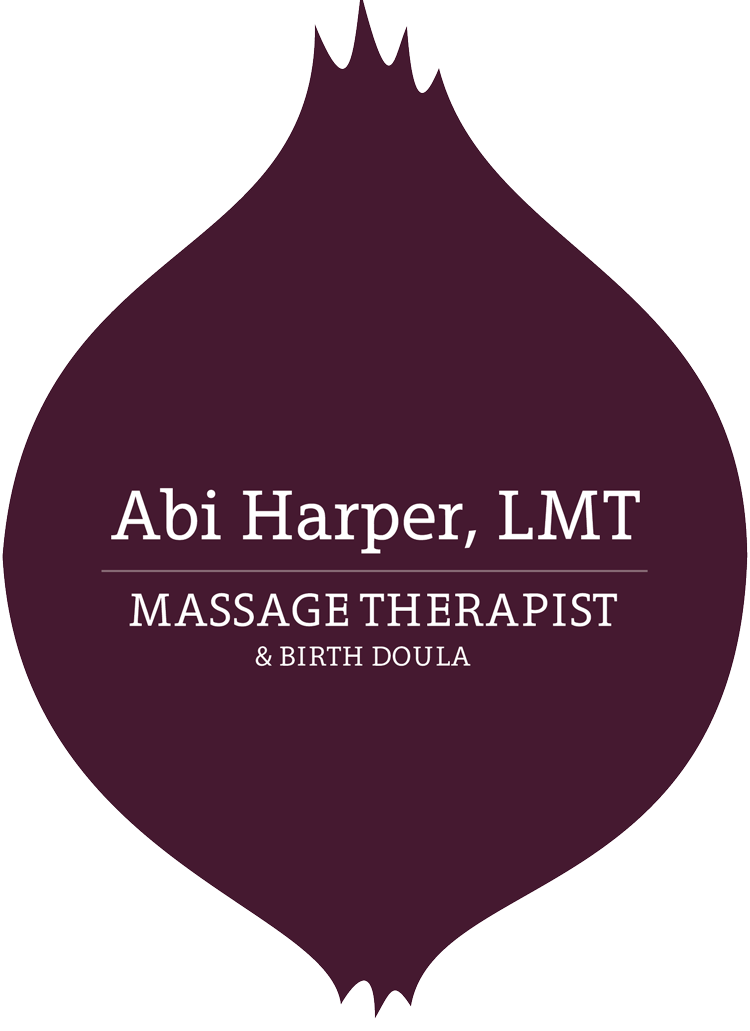Pain cycles and healing processes can be super isolating. There's the practical part where logistics take over -- when I fell and bruised my tailbone a few years back, I couldn't really go out to meet my friend because I had a finite amount of activity I could handle in a day and things like "walk up to my second floor apartment" or "this place is a 7 minute walk from the nearest T station" or "transfer to the Red Line" weren't on the table if I also wanted to have groceries and clean clothes. People in disability and chronic illness communities talk about spoons as the unit of energy required to do various things through the day, and temporarily I was down to necessities-only spoon numbers.
This temporarily was longer than I wanted. It seemed reasonable (though frustrating) to miss the rest of cross-country ski season, but it made me want to scream going to the pool that summer and feeling how few laps I could do. The pool check-in guy would say things like "done already?" or "did you have time to get in the pool?". The pool was full of women more than twice my age swimming for 5 times longer than me. That summer, a formerly acquaintance-level friend became a best friend because she would spend 45 minutes in transit to get to my house and take me for a walk, slowly trudging 0.4 miles uphill with me for cuban fruit smoothies and maybe on a good day we'd take a victory lap 0.2 miles to the bookstore. For a full year, I worked my job at half volume, calculated my spoons precisely each day, went to PT twice a week and did tedious exercises twice a day. It felt like this routine was my new life, that I was now a person who did funny sideways leg lifts and that I was the only person who wasn't out going on fun bike rides or taking circus classes or whatever, and that this would always be true.
I was wrong and my information was terrible. During this period of extreme self-pity, one of my long-term friends was unable to visit me because she was recovering from an injury of her own, stuck in her own isolated bubble in a hard-to-T-to part of town. My physical therapist's office was full of people of all ages rehabbing their own problems and at work I was hearing about peoples' pain and limitations all day, and had been for a career longer than a decade. People tell their massage therapists way more about their limitations and pain than they tell their friends or co-workers and it's a shame because I have amazingly smart and resourceful clients who develop really awesome strategies for healing and working within their limitations. I have a number of clients who all work for the same large company in Kendall Square, and a group of them all had identical hand pain and didn't know it. They furtively fold stretch breaks into refill-their-water or bathroom breaks so that nobody perceives them to be weak or broken, and I sit in my office hearing them all, wishing they could share their strategies or have a stretch-and-share circle.
"I think it's conservative to assume that 20% of people you see on an average day are actively managing some health problems and you just don't know it," I found myself saying to a client a few weeks back and I've been thinking about it since then. Does this sound right to you? It sounds low to me, but I wanted to be a little conservative. Even if it is wrong, which I don't think it is, is anything harmed by behaving as though it is true? Recently there was a flutter on my Facebook wall with equal numbers of my friends scoffing at pre-peeled plastic-encased oranges as a ridiculous convenience food that was destroying the earth and friends saying "this is an accessibility thing, stop judging", and I thought of all my clients who have hand pain bad enough that they can't open moderately-heavy doors and develop creative strategies to get through, perfecting their casual loiter to just follow someone through when another person opens the door. What would it take to live in a world where we regularly easily offered to help each other, where we could find out how to help the people we interact with or care about without it being a big deal?

